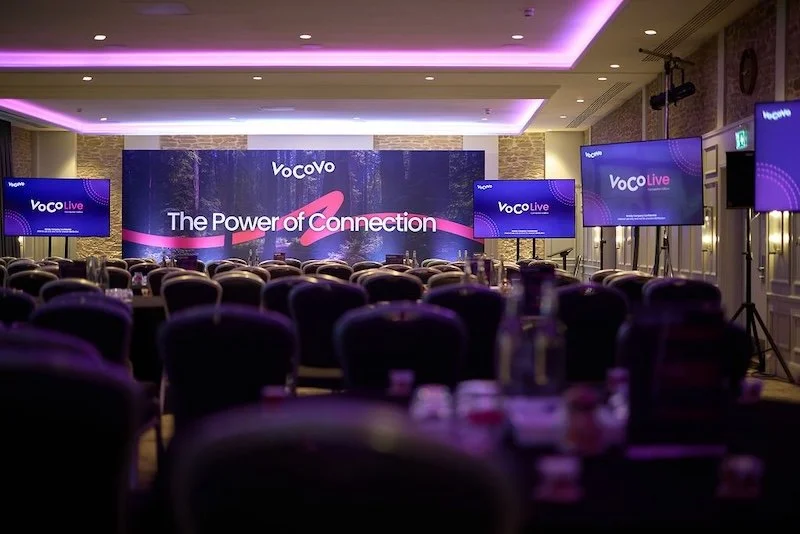‘Writing history together’: Carrefour chooses Pricer as exclusive electronic shelf labels partner
Carrefour has picked Pricer as its exclusive supplier of electronic shelf label (ESL) solutions for the next three years.
This covers new installations and replacements as the French retail giant looks to boost its store automation and communication solution.
The deal with Carrefour, which has been a Pricer customer for the past 20 years, contains no commitments with regard to volumes or amounts.
"Due to their outstanding service, we have selected Pricer as our partner for the next three years for Carrefour in France, Spain, Belgium, Italy, Romania and Poland,” says Miguel Angel Gonzalez Gisbert, Global CTDO and Digital Transformation at Carrefour.
“This new step of collaboration will improve our business through the latest generation of ESL features, central for critical areas like pricing, promo, automation or retail media.”
"We have a very long partnership with Carrefour, writing history together,” says Magnus Larsson, President and CEO at Pricer.
“This renewed trust from Carrefour is proof of our strategic cooperation and their confidence, both in our solution today and moving forward, and in the whole Pricer team that I know works in very close cooperation with Carrefour to offer the best value and service.”
“This is also an important step in reaching our vision of becoming retail's first choice in shelf edge automation and communication.”
Rise of the discounters
The continued cost-of-living squeeze is prompting consumers to switch their grocery spend to discounter supermarkets, such as Aldi and Lidl, as well as making people less loyal to the brands they buy from, according to recent research from Pricer.
Its survey of 1,000 UK shoppers revealed 92% are now price conscious, rising by +33 percentage points since 2021 before the cost-of-living crisis began, and increasing to 94% of Millennials and 96% of Gen Z.
87% say they now actively seek out more deals and discounts when shopping for groceries – up from 60% in 2021, a +27 percentage point increase – and rising to 92% of female shoppers. Meanwhile, 72% of Brits now seek out the cheapest prices on the grocery items they buy.
With Kantar’s latest figures showing grocery price inflation rose again in February peaking at 17.1%, the highest level ever recorded by the analyst, it estimates a quarter of UK shoppers are struggling with the cost of groceries.
A separate study by thinktank, Resolution Foundation, suggests wage stagnation for UK workers is exacerbating the cost-of-living squeeze further, suggesting UK consumers are £11,000 worse off in terms of real-term wages compared to 15 years ago.
Pricer’s poll showed that this inflationary pressure on consumers’ disposable incomes was prompting six in ten Brits to switch some of their grocery shop from their traditional supermarket brands to discounters, such as Aldi or Lidl, while 56% said they had swapped their entire shop to discounters.
90% of shoppers had chosen to switch to discounter supermarkets due to cheaper prices available at the likes of Aldi and Lidl. However, 19% cited more choice of own brand and value ranges being available at these stores, while 17% felt the products on offer were of better quality.
Of those sticking with their supermarket brand, loyalty was also being tested by soaring food prices. 68% say they have switched from branded goods to supermarket own label to save on food costs – up from 49% in 2021, a +19 percentage point increase - rising to 75% of Millennials.
61% have swapped their usual branded goods for branded value lines, while 68% are sticking to supermarket own label, and will only trade up to branded goods if said items are on offer or discounted.
“Increasingly the shelf-edge is becoming the battle ground where shopper loyalty is either won or lost,” says Peter Ward, Country Manager for UK & Ireland at Pricer.
“Eager to keep down the price of spiralling food bills, our research shows 83% of UK shoppers will now compare prices at the shelf-edge to keep the cost of groceries down – up +21 percentage points since 2021, before the cost-of-living crisis took hold.”
He concludes: “Giving consumers access to real-time pricing and promotions information, served digitally to them at the shelf-edge, not only helps customers feel supported in their increasingly price conscious buying missions, but can also help retailers showcase the efforts they are going to in order to keep prices low and support shoppers by offering the best prices or deals across their sales channels.”















Continue reading…